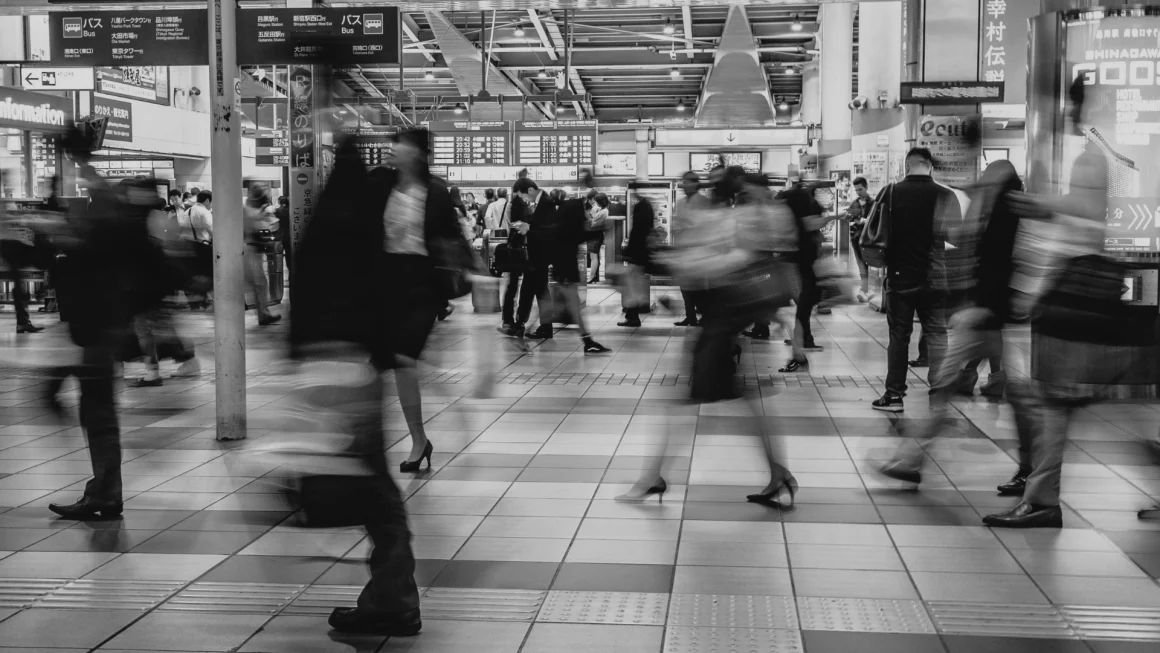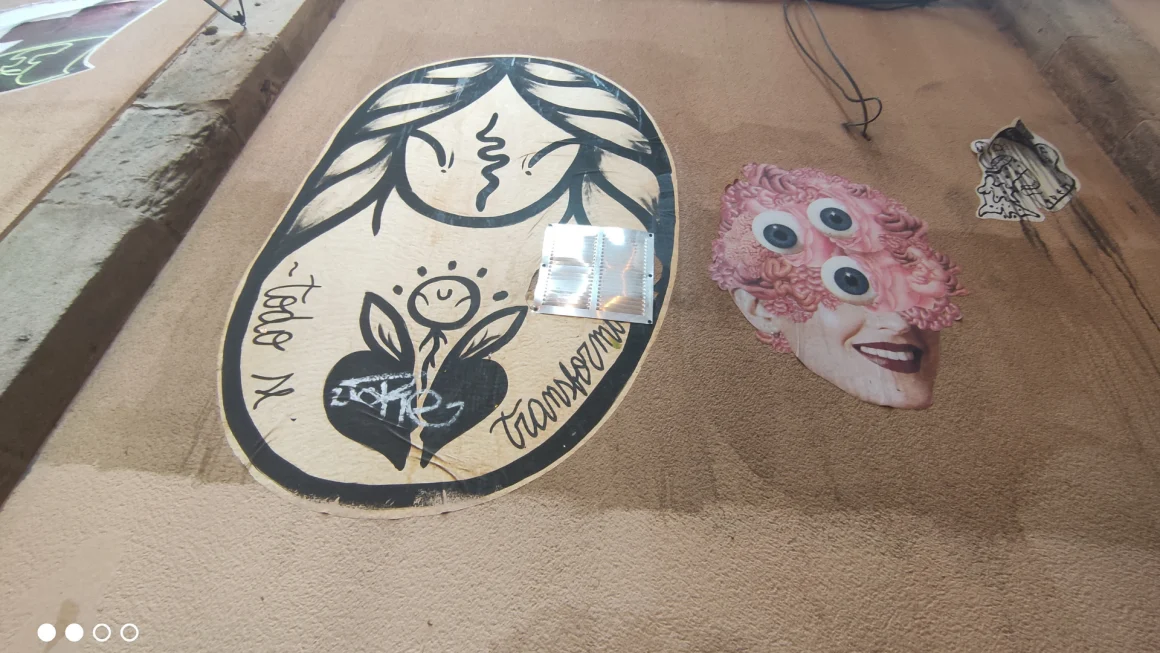Protecting insects and urban nature

A story by Isabeau van Maastricht
Please stand by!
Protecting urban nature is more essential than ever before through the increase of humans in the city. Research by the United Nations shows that 68% of the global population will live in cities by 2050 (UN, 2019). This increase of human population in the city has a huge impact on the population that coexist in the city, namely the flora and fauna, especially insects.

Award-winning experimental designer Marlène Huissoud has created ‘Biodegradable animal houses inspired by biomimicry’ in collaborating with scientists from Kings College London. She created habitats for the animal populations, like birds, bees and all life in between and emulating how animals build their own homes rather than human design convention.
“Most recently a global scientific review of insect populations has revealed that more than 40% of insect species are declining, a third are endangered, and the total mass of insects is declining by 2.5% per year” Huissoud explains; “We all have used resources of our dear planet. But it is not a time to cry, it is a time to act. ‘Please stand by’ is looking at giving back to nature, especially the wild insects of the cities”
Huissoud worked on the project entirely organic, with natural and biodegradable materials. These sustainable animal shelters are going to be used within garden locations around Brompton, London. Huissoud says: “The pieces are both sculptural, functional and are made out of natural clay and then coated by a natural binder to protect them from the weather. The pieces use materials that the insects like and the colors of the materials are as well-chosen to reflect what they are attracted to in nature generally”.
By creating these habitats for the wildlife of the city of London, the goal of the project is to help insects to find a refuge, nest and hibernate within the city to protect themselves and find a suitable environment for their needs.

40% of insect species are declining
How can we relate this to what is happening in society right now?
People think of nature as something that is far away from city life, like woods, the beach or the countryside with all the farms and animals. Urbanization is therefore thought of as a way of getting away from the wilderness. This thought separated humans in the city from a wilder version of nature. But nature can for sure also be found in cities. In fact, cities are packed with nature. Think about trees, parks, city birds or falcons nesting in buildings.
This urban biodiversity is very important. “It provides a lot of ecosystem services: things that nature supplies that we cannot synthesis or make artificially (and nor would we want to). Organisms clean our air and water, pollinate our crops, supply food, and other resources. Biodiversity also supports human health, both physical and mental, and has tremendous (often unrecognized) value to the thousands and millions of people living in towns and cities” (Zetteler, 2019).
Because of al this, we can say that the concept ‘Please stand by’ and the research about insects and urban nature fits within the mega-trends ‘sustainability’ and ‘urbanization’. These trends can be found in modern society all over the world.

Why is this interesting if we look at the future?
Caring for not only the human population in this world but also the flora and fauna is something that is going to be more and more important as years go by. We need to find more innovative ways to do this. Focusing on insects, who increase the biodiversity and are an important stakeholder for the food industry is something where every living organism on this earth benefits from.
Making this approachable by the experimental artwork of Marlène Huissoud is something we need so we can see that we as individuals can do something for the planet and biodiversity of the city. Because we need to remember that cities are not just home to humans, but also home to insects.
This is a story of the Furutist Club
by Science of the Time

Written by: Isabeau van Maastricht
Isabeau graduated cum laude from her bachelor degree in Trend Research and Concept Creation in Lifestyle. Her thesis about the multicultural urban society and cultural textile got awarded with the public choice award from people from the working field in The Netherlands. During her bachelor, Isabeau did her internship at Trend Union, the trend forecast agency of Lidewij Edelkoort in Paris. Currently, she is doing a master in Cultural Sociology at the University of Amsterdam.
www.instagram.com/isabeauvanmaastricht
In collaberation with





